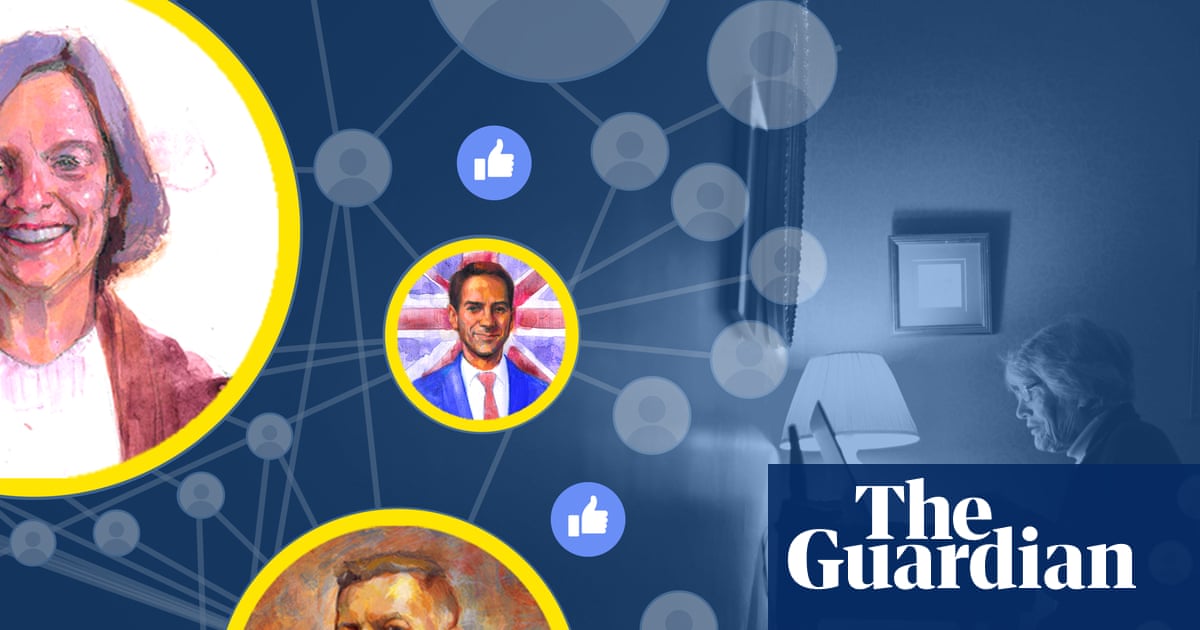
"They are thriving in online worlds which are not easily visible to large swathes of the public but which spread misinformation that has real-world consequences. Take last year. In the summer of 2024, riots broke out across parts of the UK, fuelled by misinformation that spread on social media. The violent disorder was primarily aimed at asylum seekers and Muslims, including an incident of rioters setting fire to a hotel housing asylum seekers."
"Some rejected the far-right label, carrying banners that read: We're not far-right, we're just right. What we found was a community bound together by a deep distrust of government and its institutions, whose members trade in anti-immigrant sentiment, nativism, conspiracy and misinformation. Experts say their posts include content that is far-right and extremist, and that such online spaces can play a role in radicalisation."
"Membership of one of these groups does not signify any wrongdoing for example, we found a small number of posts calling out racism and there will inevitably be users who joined these groups through curiosity or because their friends had. However, experts to whom we showed our findings said some comments posted in the groups were far-right in their nature. They pointed to a worrying normalisation of far-right ideologies on Facebook, still the world's largest online social media platform."
Hidden online far-right communities are spreading misinformation that has produced real-world harm. In summer 2024 riots across parts of the UK targeted asylum seekers and Muslims, including arson at a hotel housing asylum seekers, and were fuelled by social-media misinformation. Many rioters were local and unaffiliated with formal far-right organisations, sometimes explicitly denying the label. Group content frequently features anti-immigrant sentiment, nativism, conspiracy and distrust of government and institutions. Experts identify far-right and extremist material and warn of normalisation on major platforms like Facebook. Psychological processes such as group identity, confirmation bias and emotional contagion can drive radicalisation, though membership alone does not prove wrongdoing.
Read at www.theguardian.com
Unable to calculate read time
Collection
[
|
...
]